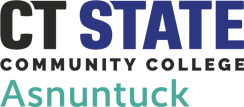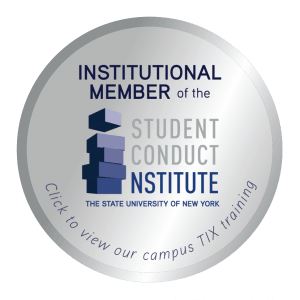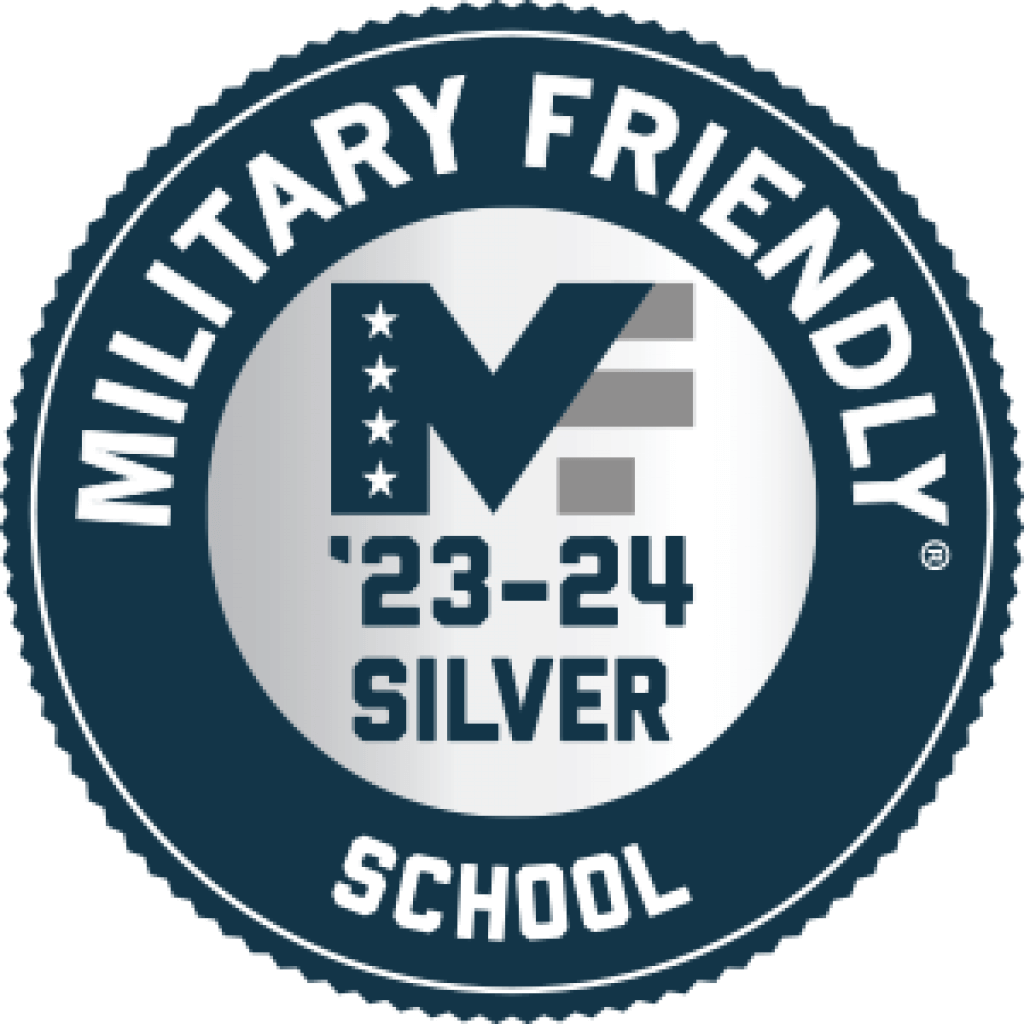Asnuntuck Community College is committed to maintaining a safe and healthy campus climate for all students. Sexual Misconduct is a serious issue that affects college students, impeding their ability to participate fully in their studies. At Asnuntuck we are committed to having an informed campus that understands reporting responsibilities and is aware of available campus resources critical to creating a culture of caring and compassion in support of our students and community.
Reporting any act of sexual misconduct and interpersonal violence is strongly encouraged. All disclosures or reports of sexual misconduct, including sexual harassment, sexual assault and intimate partner violence, will be treated seriously and with dignity by the College. The College can provide those who disclose or report sexual misconduct or interpersonal violence with many supportive options, including referrals to agencies that provide medical attention, counseling, legal services, advocacy, referrals and general information regarding sexual misconduct and interpersonal violence.
For further information:
Asnuntuck Community College Title IX Deputy:
Interim Associate Dean of Student Development
Dr. Dawn E. Bryden
860-253-1277
dbryden@acc.commnet.edu
CT State Title IX Coordinator:
Dr. John Paul Chaisson-Cardenas
VP of Diversity, Equity & Inclusion
860-612-7056
jchaisson-cardenas@commnet.edu
- Policies
- My Rights and Options
- Important Definitions
- Disclosure/Report Form
- Who to Contact
- Faculty Resources
- Not Anymore Training
- SCI Training
Those who report any type of sexual misconduct, including sexual harassment, sexual assault, stalking, and intimate partner violence, to a College employee will be informed in a timely manner of all their rights and options, including the necessary steps and potential outcomes of each option. When choosing a reporting resource the following information should be considered:
- All reports of sexual misconduct, including sexual harassment, sexual assault and intimate, stalking, and partner violence, will be treated seriously and with dignity by the College.
- Referrals to off-campus counseling and medical services are available immediately and confidentially, whether or not those who report an assault feel ready to make any decisions about reporting the assault to police, the Dean of Students or the College’s Title IX Coordinator.
- Those who have been assaulted have the right to take both legal action (criminal/civil action) and action in accordance with the Student Code of Conduct and Policy Against Harassment against the individual allegedly responsible.
- Those who may wish that her/his report of an assault to be handled in a confidential manner may contact the Sexual Assault Crisis Services of Connecticut or The Network Against Domestic Abuse both of whom are bound by state statutes and professional ethics to maintain confidentiality without written releases.
Options for Changing Academic Housing, Transportation and Working Arrangements
Asnuntuck Community College will provide assistance to those involved in a report of sexual harassment, sexual assault or intimate partner violence, including but not limited to, reasonably available options for changing academic, campus transportation or working situations as well as honoring lawful protective or temporary restraining orders.
Sexual harassment, which can include any unwelcome sexual advance or request for sexual favors, or any conduct of a sexual nature when submission to such conduct is made either explicitly or implicitly a term or condition of an individual’s education; submission to or rejection of such conduct by an individual is used as a basis for academic decisions affecting the individual; or such conduct has the purpose or effect of substantially interfering with an individual’s academic performance or creating an intimidating, hostile or offensive educational environment. Examples of conduct which may constitute sexual harassment include but are not limited to:
- sexual flirtation, touching, advances or propositions
- verbal abuse of a sexual nature
- pressure to engage in sexual activity
- graphic or suggestive comments about an individual’s dress or appearance
- use of sexually degrading words to describe an individual
- display of sexually suggestive objects, pictures or photographs
- sexual jokes
- stereotypic comments based upon gender
- threats, demands or suggestions that retention of one’s educational status is contingent upon toleration of or acquiescence in sexual advances.
Sexual assault shall include but is not limited to a sexual act directed against another person without the consent (as defined herein) of the other person or when that person is not capable of giving such consent. Sexual assault is further defined in sections 53a-70, 53a-70a, 53a-70b, 53a-71, 53a-72a, 53a-72b and 53a-73a of the Connecticut General Statutes.
Sexual exploitation occurs when a person takes non-consensual or abusive sexual advantage of another for anyone’s advantage or benefit other than the person being exploited, and that behavior does not otherwise constitute one of the preceding sexual misconduct offenses. Examples of behavior that could rise to the level of sexual exploitation include:
- Prostituting another person;
- Non-consensual visual (e.g., video, photograph) or audio-recording of sexual activity;
- Non-consensual distribution of photos, other images, or information of an individual’s sexual activity, intimate body parts, or nakedness, with the intent to or having the effect of embarrassing an individual who is the subject of such images or information;
- Going beyond the bounds of consent (such as letting your friends hide in the closet to watch you having consensual sex);
- Engaging in non-consensual voyeurism;
- Knowingly transmitting an STI, such as HIV to another without disclosing your STI status;
- Exposing one’s genitals in non-consensual circumstances, or inducing another to expose his or her genitals; or • Possessing, distributing, viewing or forcing others to view illegal pornography.
- Possessing, distributing, viewing or forcing others to view illegal pornography.
Intimate partner, domestic and/or dating violence means any physical or sexual harm against an individual by a current or former spouse of or person in a dating or cohabitating relationship with such individual that results from any action by such spouse or such person that may be classified as a sexual assault under section 53a-70, 53a-70a, 53a-70b, 53a-71, 53a-72a, 53a-72b or 53a-73a of the general statutes, stalking under section 53a-181c, 53a-181d or 53a-181e of the general statutes, or domestic or family violence as designated under section 46b-38h of the general statutes. This includes any physical or sexual harm against an individual by a current or former spouse or by a partner in a dating relationship that results from (1) sexual assault (2) sexual assault in a spousal or cohabiting relationship; (3) domestic violence; (4) sexual harassment (5) sexual exploitation, as such terms are defined in this policy.
Offenses that are designated as “domestic violence” are against family or household members or persons in dating or cohabitating relationships and include assaults, sexual assaults, stalking, and violations of protective or restraining orders issued by a Court. Intimate partner violence may also include physical abuse, threat of abuse, and emotional abuse.
- Physical abuse includes, but is not limited to, slapping, pulling hair or punching.
- Threat of abuse includes but is not limited to, threatening to hit, harm or use a weapon on another (whether victim or acquaintance, friend or family member of the victim) or other forms of verbal threat.
- Emotional abuse includes but is not limited to, damage to one’s property, driving recklessly to scare someone, name calling, threatening to hurt one’s family members or pets and humiliating another person.
- Cohabitation occurs when two individuals dwell together in the same place as if married.
- The determination of whether a “dating relationship” existed is to be based upon the following factors: the reporting victim’s statement as to whether such a relationship existed, the length of the relationship, the type of the relationship and the frequency of the interaction between the persons reported to be involved in the relationship.
All Definitions Approved by Board of Regents 1/15/15 revised 6/16/16
Stalking
Stalking is any behaviors or activities occurring on more than one (1) occasion that collectively instill fear in the victim and/or threaten her/his safety, mental health and/or physical health. Such behaviors or activities may include, but are not limited to, whether on or off campus, non-consensual communications face-to-face, telephone, email, etc., threatening or obscene gestures, surveillance or being present outside the victim’s classroom or workplace.
Consent
Must be affirmed and given freely, willingly, and knowingly of each participant to desired sexual involvement. Consent is a mutually affirmative, conscious decision – indicated clearly by words or actions – to engage in mutually accepted sexual contact. Consent may be revoked at any time during the sexual activity by any person engaged in the activity.
Affirmative consent may never be assumed because there is no physical resistance or other negative response. A person who initially consents to sexual activity shall be deemed not to have affirmatively consented to any such activity which occurs after that consent is withdrawn. It is the responsibility of each person to assure that he or she has the affirmative consent of all persons engaged in the sexual activity to engage in the sexual activity and that affirmative consent is sustained throughout the sexual activity. It shall not be a valid excuse to an alleged lack of affirmative consent that the student or employee responding to the alleged violation believed that the student reporting or disclosing the alleged violation consented to the activity (i) because the responding student or employee was intoxicated or reckless or failed to take reasonable steps to ascertain whether the student or employee reporting or disclosing the alleged violation affirmatively consented, or (ii) if the responding student or employee knew or should have known that the student or employee reporting or disclosing the alleged violation was unable to consent because the student or employee was unconscious, asleep, unable to communicate due to a mental or physical condition, or incapacitated due to the influence of drugs, alcohol or medication. The existence of a past or current dating or sexual relationship between the persons involved in the alleged violation shall not be determinative of a finding of affirmative consent.
Disclosure
When you tell someone that you experienced sexual misconduct or interpersonal violence, but not necessarily for the purposes of officially reporting the incident to the college or to pursue disciplinary action. It’s okay to tell someone because you need someone to talk to or need help finding resources and services.
Report
When you tell someone because you want the college to be aware of the act of sexual misconduct or interpersonal violence or you want to initiate a formal complaint and/or start a grievance or disciplinary process.
Confidential Resources
- 211 –Confidential and free service that provides crisis intervention assistance to those in need. Dial 211 or you may call 1-800-203-1234 or www.211ct.org
- The Network Against Domestic Abuse: (860) 763-4542 (24-hour crisis hotline) Statewide hotline Phone (888) 774-2900 (24 hour crisis hotline)
- YWCA –Sexual Assault Crisis Service. 24-hour hotline English – (888) 999-5545, Spanish – (888) 568-8332, local Hartford – (860) 547-1022 t
Contact: Lindsey Jones - Virtual Crisis Counseling In addition to phone support, YWCA is now offering video and text chatting to survivors of sexual assault and their loved ones. If you are already working with a counselor, ask about our new virtual system. If you are new to SACS, to get connected with a counselor, please fill out our quick survey here.
- GLBT National Help Center 1-888-843-4564
- Trans Lifeline: a hotline dedicated to the well being of transgender people, run by transgender people 877-565-8860
- Enfield Police Department –(860) 763-6400
Non Confidential Resources on Campus
-
Dawn Bryden, Interim Associate Dean of Student Development/Title IX Deputy, (860) 253-1277, dbryden@asnuntuck.edu, Room 101A.
- Security: Monday to Thursday 7:00am to 10:00 pm, Friday: 7:00 am – 5:00 pm, Saturday 8:00 am -4:00 pm. Contact: (860) 253-3012 or (860) 253-3013
- Any members of the Campus Resource Team
At Asnuntuck Community College we pride ourselves on providing an enlightening college experience, which demands a safe and healthy student environment. To that end, we are requiring that ALL students complete an online interpersonal violence prevention program from Vector Solutions. Students who have not taken it before will be assigned “Not Anymore” all other students will be assigned a refresher course called “Clarifying Consent.” These video-based programs will provide critical information about Consent, Bystander Intervention, Sexual Assault, Dating and Domestic Violence, Stalking, and much more, and they will help you better understand how vitally important these issues are and what you can do to help make your campus safer.
Program Instructions
The online programs are currently available. You are required to complete your assigned program once a year. You are required to earn at least a 70%. The program will prompt you to retake the post-test until you achieve this score. The program also will allow you to review the program videos before you retake the post-test.
To enter the program log on to your school’s sign on system at: https://studentsuccess.org/SSO/asnuntuck
Follow the instructions provided.
You will be able to use the same link to re-enter the program to complete it in several sittings if you choose without having to start over. If you run into problems taking or reentering the program, do not start over. Contact us through the HELP button and we will assist you.
You will retain access to the programs until at least the end of the school year for reference purposes.
If at any time you have general questions or concerns regarding the program requirements, please contact Dean Timothy St. James, Interim Dean of Students/Title IX Coordinator at TStJames@Asnuntuck.edu. If you have any technical difficulties with the program, please contact the program vendor through the program HELP button or at support@studentsuccess.org
Disclosure
The training contains sensitive material involving sexual and interpersonal violence. While trigger warnings and resources are provided throughout the program, we understand such programming may be problematic for some viewers. For alternative resources, please contact Dr. Dawn Bryden, Interim Associate Dean of Student Development/Title IX Deputy DBryden@asnuntuck.edu
For confidential support, please contact The Network (860) 763-4542 (24-hour crisis hotline) or YWCA/Sexual Assault Crisis Service 24-hour hotline English – (888) 999-5545, Spanish – (888) 568-8332.
We thank you in advance for your diligent participation in this critical program. Through such programs and our other campus efforts and resources, we are becoming a nationwide model for a safer campus.
Sincerely,
Dr. Dawn Bryden
Interim Associate Dean of Student Development/Title IX Deputy
860-253-1277
DBryden@asnuntuck.edu




